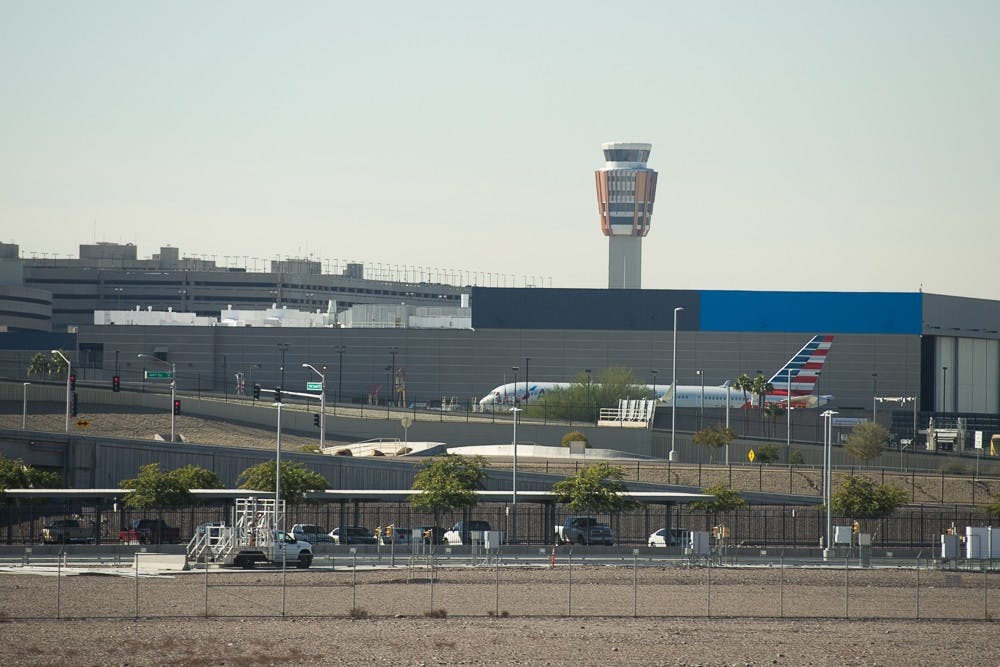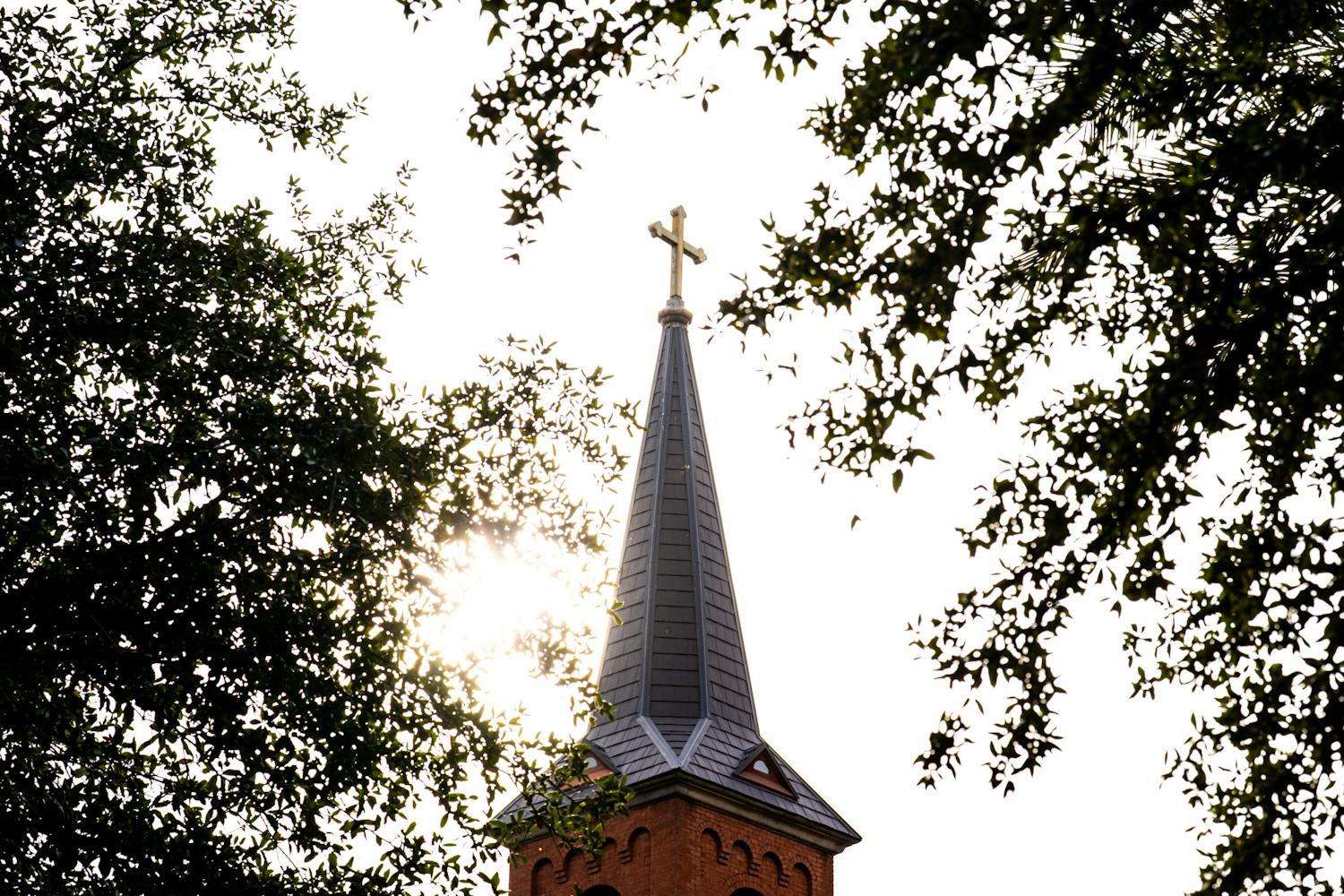The city of Phoenix filed a legal complaint in the Maricopa County Superior Court March 28 against the city of Tempe alleging a breach of contract regarding City Council's endorsement of the proposed Tempe entertainment district.
Tempe Mayor Corey Woods and former mayor Neil Giuliano said the lawsuit was "unfortunate."
Giuliano, who is a supporter of the Tempe entertainment district, has experience with lawsuits from Phoenix. He said Tempe would never want to do anything to harm the value of Phoenix Sky Harbor International Airport, which employed more than 57,000 people in 2019, according to its website. Giuliano said the airport is supposed to work with its surrounding communities as well.
"I'm not surprised that Phoenix has filed suit; that's the way they deal with things," Giuliano said. "It's unfortunate, but it's a big place and their way of getting attention is to just file a lawsuit. It's baseless. It's as baseless today as it was in the '90s when I was mayor and we knew it then, we know it now, filing a lawsuit is a strategy."
The proposed Tempe entertainment district will have a hotel, a new arena for the Arizona Coyotes, restaurants and other retail. The district was approved by Tempe City Council in November 2022 to be the subject of a citywide, special election on May 16. The proposed district also includes up to 1,200 multi-family residential units by the end of construction.
In the lawsuit, Phoenix cited a 1994 agreement between both cities in which they established zones around a specific noise contour where residential units could not be built. The Federal Aviation Administration established the contours and approved them in 2019 in accordance with new flight paths along the Salt River. The Tempe entertainment district will be located entirely within these contours on Priest Drive and Rio Salado Parkway on the west side of Tempe, the lawsuit said.
"This is not about stadiums," said Chad Makovsky, director of aviation services for Sky Harbor, in an email. "This is about houses and specifically, this is about Tempe breaking a promise not to build houses in the place where we promise to fly the airplanes."
Woods said neighboring cities should be able to come to agreements without getting the courts involved.
"I offered to meet and have a conversation, see if we can pull our two teams together and negotiate and work this out because the reality is, you don't ever want a situation to end up in litigation," Woods said in an KTAR interview.
The last correspondence between the two cities on the matter was on March 17, when Tempe City Manager Andrew Ching wrote to Phoenix City Manager Jeff Barton asking for more data related to the noise contour map established in 2019.
"Tempe is currently unable to respond without completing its contour map and obtaining all necessary public input," Ching wrote in the letter.
At an event for Tempe Wins, the political action committee campaigning for the entertainment district's approval, on Thursday, March 30, former Tempe Mayor Hugh Hallman called the lawsuit a "fabrication."
"It is a political document, not a legal one," Hallman said.
In 2022, Tempe City Council approved another mixed-use development, Modera Rio Salado, within the boundaries of the noise contours. The development will include 319 residential units.
According to the complaint, Phoenix requests that the Maricopa County Superior Court declare Tempe violated the 1994 agreement and prevent the city from rezoning the land to "mixed use" within the areas defined by the noise contours. Proposition 302, one of the three propositions on the ballot, decides the zoning classification of the land where the entertainment district will be built.
Senior reporter Alex Wakefield contributed to the reporting of this article.
Edited by Reagan Priest, Piper Hansen and Greta Forslund.
Reach the reporter at sbrenna5@asu.edu and @shanebrennan36 on Twitter.
Like The State Press on Facebook and follow @statepress on Twitter.

Shane Brennan is the former Editor-in-Chief at The State Press and an ASU alum. He was a sports and politics reporter, before becoming the editor of the politics desk. He has covered local and state politics for the Arizona Capitol Times and Cronkite News.




